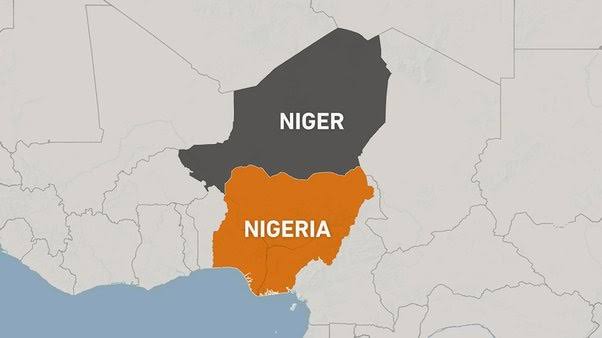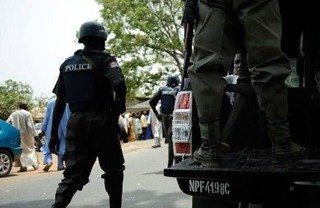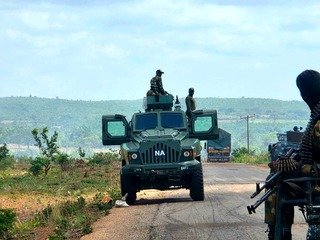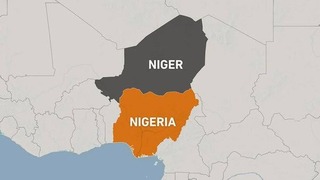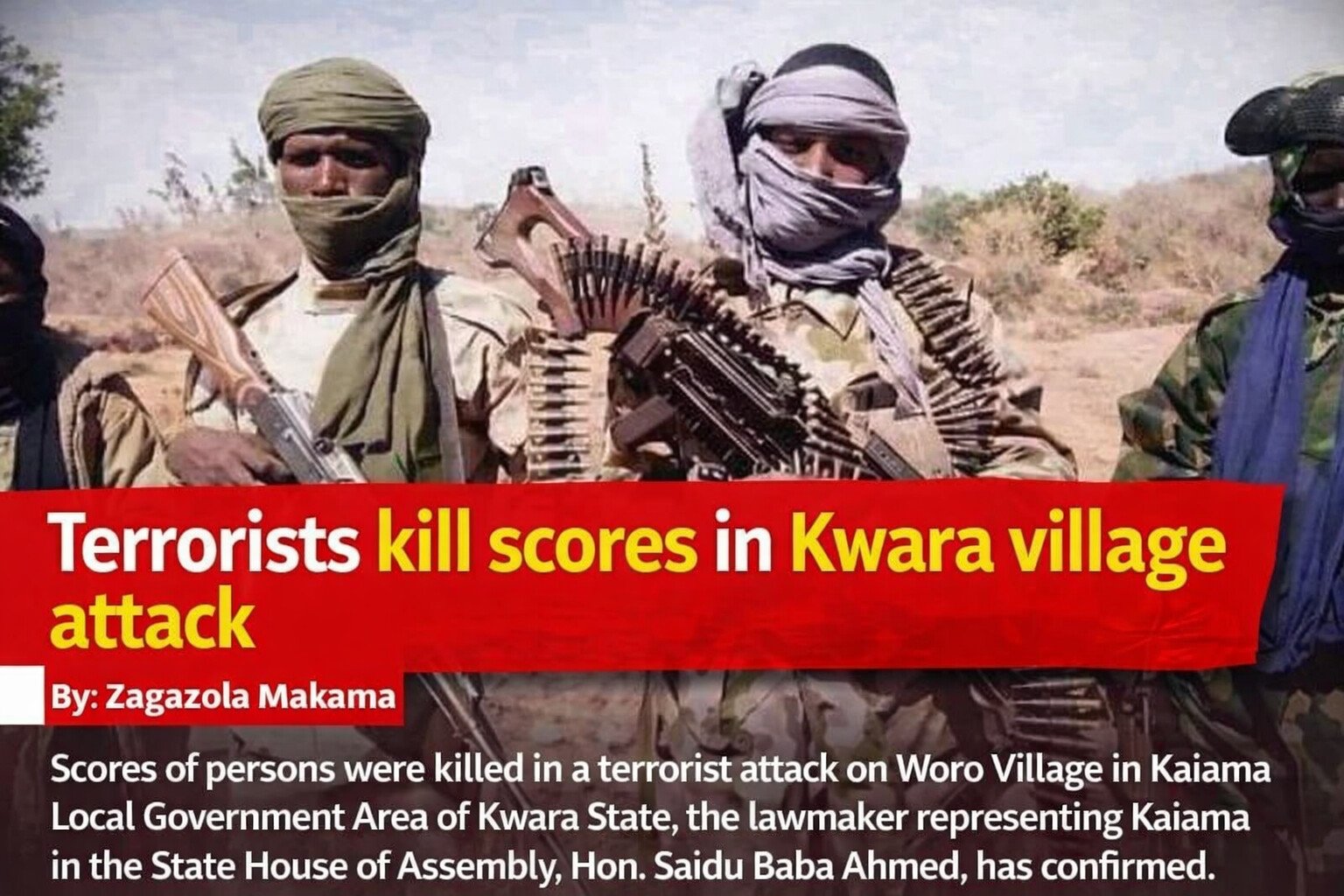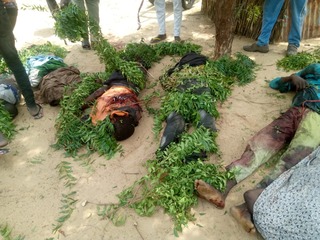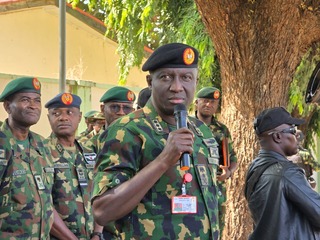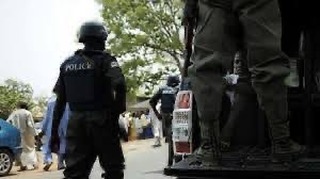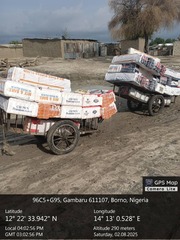Niger Government Faces Backlash Over Pipeline Sabotage Allegations Against Nigeria
By: Zagazola Makama
The Nigerien government is under fire from its citizens and regional observers following its accusations that Nigeria orchestrated the recent sabotage of an oil pipeline between Lido and Karakara in the Dosso region. Despite claims of possessing "concrete evidence" against Nigeria, the Niger government has yet to present any substantiating proof, leading to widespread skepticism and criticism.
On December 18, 2024, Nigerien authorities summoned Nigeria’s Chargé d’Affaires to account for the alleged involvement of Nigerian officials in the pipeline attack. The Nigerien Minister of Energy accused Nigeria of conspiring with foreign powers implicitly referencing France to destabilize Niger by targeting its critical energy infrastructure. These allegations arise amid heightened tensions following Niger’s withdrawal from the Economic Community of West African States (ECOWAS).
The accusations have ignited a wave of criticism among Nigeriens, many of whom view their government as clueless and unfocused. They see these moves as indicative of a government struggling to maintain control and shifting blame to external actors to mask internal security failures.
One critic argued that the leadership is deflecting blame for its failure to secure strategic facilities and prevent attacks, Abdoulaye Boubacar, remarked, “When you are sovereign, you ensure the security of your strategic facilities.” he said.
Some observers interpret the accusations as a misguided attempt to isolate Nigeria due to its close ties with France, a nation that Niger’s junta has frequently accused of interference. “This is not about facts; this is about Nigeria’s relationship with France,” stated Abdou Pagoui, a public commentator.
Amadou Harouna, another resident said Niger’s government is at a critical juncture, and its reliance on external blame is increasingly seen as a dangerous distraction from pressing internal issues. By failing to acknowledge its own security shortcomings, Niger risks exacerbating its vulnerabilities. The economic fallout from leaving ECOWAS, coupled with internal security lapses, has already compounded the challenges facing the nation. “The decision to exit ECOWAS was shortsighted and has brought more harm than good,” remarked a regional analyst. “Blaming Nigeria or anyone else will not solve Niger’s problems.” Said Harouna.
Zagazola Makama, a Counter Insurgency Expert and Security Analyst said the ongoing tensions and unfounded accusations against Nigeria threaten to strain relations with Niger’s largest trading partner and significant economic ally. This diplomatic misstep could worsen Niger’s isolation, particularly as it navigates the fallout from its decision to distance itself from West African norms and allies.
Nigeria and Niger share over 1,400 kilometers of porous borders, making collaboration essential for tackling cross border terrorism and other security challenges. As Africa’s largest economy and a regional leader, Nigeria has consistently sought to strengthen ties with Niger, offering support in areas such as counterterrorism and intelligence sharing.
In July 2024, Nigeria’s Chief of Defence Staff, General Christopher Musa, led a high level delegation to Niger to discuss regional security and enhance military cooperation. This visit marked a significant step toward rebuilding trust and addressing shared threats. However, Niger’s recent withdrawal from key regional initiatives, such as ECOWAS and the Multinational Joint Task Force (MNJTF), has undermined these efforts.
Moreover, the continued focus on external blame diverts attention from critical internal issues, including insecurity, poverty, and poor governance. As Niger’s leadership attempts to portray itself as a bulwark against external threats, it is increasingly perceive it as disconnected from reality.
Niger’s withdrawal from the Multinational Joint Task Force (MNJTF) poses a significant threat to regional stability. The MNJTF was established to combat terrorism and trans border crimes in the Lake Chad Basin. The absence of military collaboration with Nigeria may lead to a resurgence of terrorist attacks. Without Niger’s participation, the MNJTF faces reduced capacity to patrol border areas, leaving them vulnerable to increased terrorist activity. Already, there are concerns that Boko Haram and ISWAP were already exploiting this gap to escalate attacks on both sides of the border.
Historically, such groups have exploited security vacuums, leading to some of the deadliest attacks in the region. Niger’s security failures are not unique, but its approach to addressing them has been counterproductive. The blame game does little to address the root causes of insecurity and alienates allies that are essential for long term stability.
As extremist groups continue to pose a significant threat, Niger must recognize that its success in combating these challenges lies in unity, not isolation. Cooperation with Nigeria and other regional partners is not just an option it is a necessity for safeguarding the future of the Sahel and West Africa. Cooperation with Nigeria is not merely beneficial; it is essential for addressing the escalating security threats that both nations faces . Only through cooperation and a commitment to addressing internal challenges can Niger hope to achieve lasting stability and security in the region.
Zagazola Makama is a Counter Insurgency Expert and Security Analyst in the Lake Chad Region

